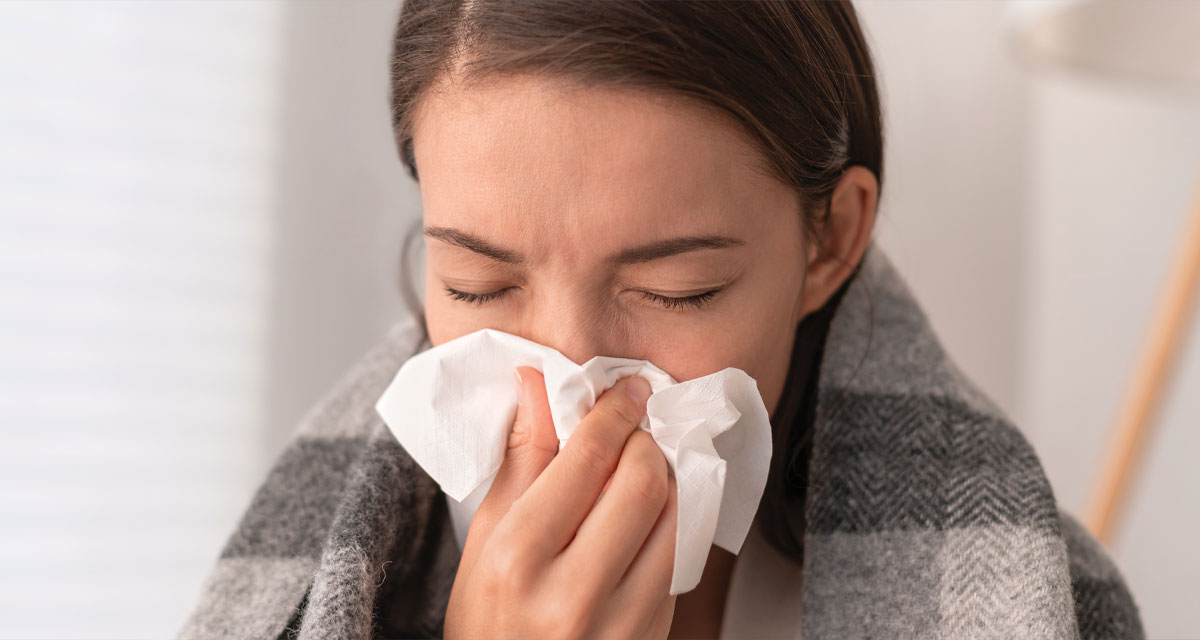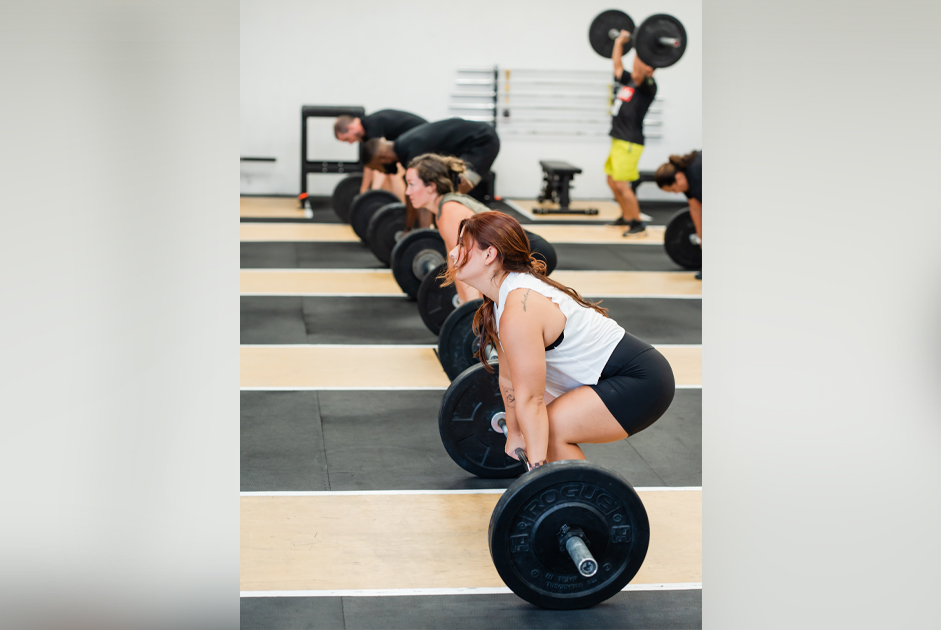Every year, countless adults and children contract “influenza,” also known as the “seasonal flu.” According to the Centers for Disease Control and Prevention, “during the 2019-2020 flu season, there were “39,000,000-56,000,000 reported illnesses, 410,000-740,000 hospital visits and sadly, 24,000-62,000 deaths.” With statistics as alarming as these, many are rightfully concerned about how they can avoid the flu, as well as the COVID-19 pandemic. The center reports that “the single best way to prevent seasonal flu is to get vaccinated each year,” however, it is vital to note that other healthy habits can help stop the spread of germs.
What exactly are these healthy habits that can possibly save one from either illness? How can we prepare ourselves before we enter “flu season?” These are just two of the many questions that are possibly running through the minds of many as the days become shorter and colder. If you desire to learn how to avoid both deadly illnesses, read on for some manageable methods to helping you and your loved ones stay safe this season.
Tip #1: Know exactly when to prepare for battle! It is important for all to know when, exactly, “flu season” starts. According to the CDC, this season begins during the colder months and runs to Spring. While this may seem like a long and daunting length of time, it is important to note that the colder months (i.e., December—March) seem to be the months that cultivate more cases. The peak month for flu activity seems to be February, followed closely by December.
Tip #2: As always, avoid close contact with those who are sick. For both the flu and the COVID-19 pandemic, it is crucial that you avoid close contact with anyone suffering from symptoms of either. This can be done by asking friends and family if they have had symptoms of either before visits, as well as yourself avoiding public places during these peak months.
Tip #3: Stay home, stay home, stay home. It goes without saying that the safest way to avoid contact with those suffering from either disease is to stay home. However, this is also an important way one can help not spread germs if they themselves are suffering. If you or someone you know is suffering from flu or COVID-19-like symptoms, do not go out and about! Stay home and schedule an appointment with the doctor immediately.
Tip #4: Schedule that flu shot! As mentioned earlier in the article, the single most effective way to avoid the flu is to get the flu shot. Yes, you may have a few side effects from having the shot (sore arm, mild cold symptoms, etc.); however, these all pale in comparison to contracting the actual flu!
Tip #5: Practice good hand hygiene. Wash, wash, wash your hands! If there is any lesson that we can all say we learned from the COVID-19 pandemic, it is the importance of washing your hands. This tip remains true also for those wanting to avoid the flu. Making sure to wash your hands as soon as you re-enter your house is crucial. Do not have access to a sink while on the go, stock up on hand sanitizer and use this frequently.
Tip #6: Avoid the eyes. It is important to note that just because one washes their hands doesn’t mean they are completely safe from either virus. If you’re out and about and touch something that is contaminated and then touch your eyes, nose, or mouth, the viruses can still infect you! Try to avoid touching these areas when out in public places. And, of course, wash your hands after walking back into your home.
Tip #7: Bring on the masks. These days, masks have become the new accessory. While there are plenty of fashionable ones to use, it is important that you wear them properly (entirely over your nose). It is also vital to make sure you’re washing any cloth ones after repeated use, or using fresh, clean disposable ones for different activities.
Tip #8: Test yourself when necessary. If you or someone you know is suffering from symptoms of either influenza or COVID-19, make sure to get tested right away. Not only will you then be able to take immediate action (and feel better quicker), knowing whether you are sick can help prevent others around you from getting sick.



















